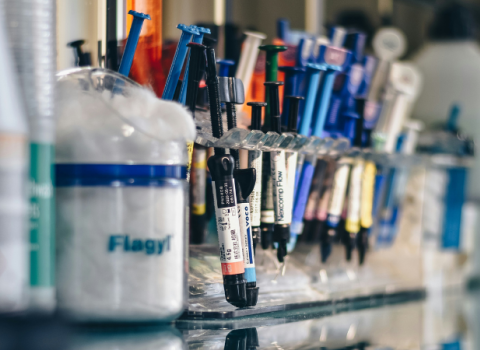Cambridge University will host one of three genetics research hubs being created by the Medical Research Council (MRC) to provide scientists across the UK with access to cutting-edge resources for DNA sequencing.
The MRC is investing over £7 million to set up three high-throughput sequencing hubs in Scotland, the North of England and the East of England, giving every scientist in the field access to DNA sequencing equipment.
The hubs will also provide MRC-funded technical support and bioinformatics expertise, allowing academics to make the most of the equipment and expand the potential of these resources.
The Eastern Sequencing and Informatics Hub hosted by the university will be part of a collaboration with the European Molecular Biology Laboratory’s European Bioinformatics Institute, the Babraham Institute in Cambridge, the National Institute of Health Research’s Cambridge Biomedical Research Centre, and the sequencing technology companies 454 Life Sciences and Applied Biosystems.
The hub will have a focus on applying high throughput screening to diagnostic uses, in particular in transplantation and cord blood stem cells, prenatal diagnosis, and sequencing of disease genes.
John Todd, one of the Principal Investigators, said, “Only a few years ago it took an international consortium many years of effort to produce a first draft of the human genome sequence, but now it will be possible for the proposed hub in Cambridge [...] to re-sequence 100 human genomes in a year."
John Jeans, MRC Chief Operating Officer, said, “This investment [...] makes plain our commitment to supporting high quality basic research and exemplifies the responsiveness of MRC strategic investment to the needs of the research community.”
The MRC’s £7 million investment was made in response to increasing numbers of grant applications requiring high-throughput sequencing.





 A unique international forum for public research organisations and companies to connect their external engagement with strategic interests around their R&D system.
A unique international forum for public research organisations and companies to connect their external engagement with strategic interests around their R&D system.